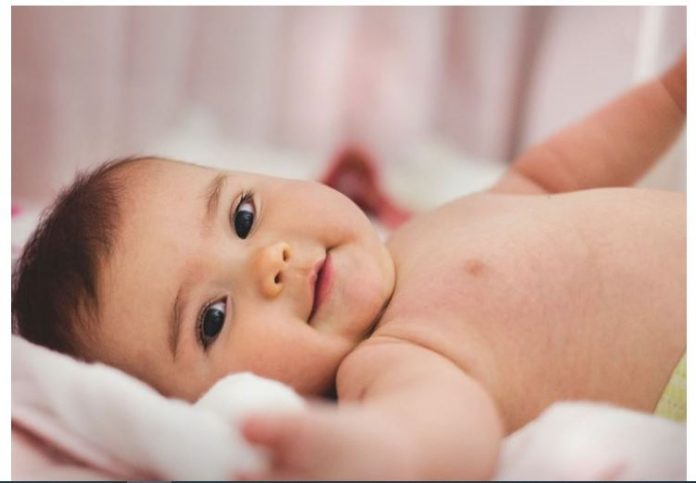The study included 18 infants, none with a significant medical history
Chicago: Infants under 90 days of age who tested positive for COVID-19 tend to be well, with little or no respiratory involvement and fever is often found to be the primary or only symptom, says a new study.
The report by Ann & Robert H. Lurie Children’s Hospital of Chicago was published in The Journal of Pediatrics.
“While there is limited data on infants with COVID-19 from the United States, our findings suggest that these babies mostly have mild illness and may not be at higher risk of severe disease as initially reported from China,” says lead author Leena B. Mithal, MD, MSCI, pediatric infectious diseases expert from Lurie Children’s and Assistant Professor of Pediatrics at Northwestern University Feinberg School of Medicine.
ALso Read: Xiaomi’s inverter fan, will run 20 hours without light
“Most of the infants in our study had a fever, which suggests that for young infants being evaluated because of fever, COVID-19 may be an important cause, particularly in a region with widespread community activity. However, evaluation for bacterial infection in young infants with fever remains important,” the study said.
The study included 18 infants, none with a significant medical history. Of the 50 per cent of these infants who were admitted to the hospital’s general inpatient service, none required oxygen, respiratory support, or intensive care. Indications for admission were mainly clinical observation, monitoring of feeding tolerance, and ruling-out bacterial infection with empiric intravenous antibiotics in infants younger than 60 days.
Of the infants admitted to the hospital, six out of nine had gastrointestinal (GI) symptoms (poor feeding, vomiting and diarrhoea). Upper respiratory tract symptoms of cough and congestion preceded the onset of GI symptoms. Young infants also had notably high viral loads in their nasal specimens despite mild clinical illness.
“It is unclear whether young infants with fever and a positive test for SARS-CoV-2 require hospital admission,” says Dr Mithal. “The decision to admit to the hospital is based on age, need for preemptive treatment of bacterial infection, clinical assessment, feeding tolerance, and adequacy of follow-up.” There may be opportunities to utilize rapid SARS-CoV-2 testing to determine the disposition of clinically well infants with fever,” the study said.
Dr Mithal and colleagues (Drs. Machut, Muller, and Kociolek) also observed an overrepresentation of Latinx ethnicity among their sample of infants with COVID-19 (78 per cent). At the height of the COVID-19 pandemic in Chicago, over 40 per cent of cases were in individuals of Latinx ethnicity.
“Although we expected that there would be many infants of Latinx ethnicity with COVID-19, there may be additional factors contributing to the disproportionate majority of Latinx cases we observed in this age group,” says Dr Mithal.
“Access to sick-visit care in some primary care pediatric offices has been limited, with practices referring symptomatic children to the emergency department. Limited access to telemedicine care also may be a factor. Finally, there may be a greater likelihood of exposure with extended family living in the home or family members working outside the home during this pandemic,” it said




